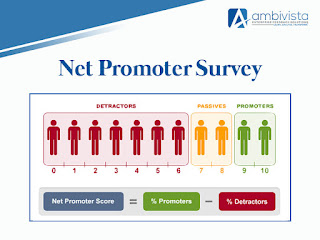Questions You Need to Avoid In a 360 Feedback Survey
This brings us to the question of how we can make this process as effective as possible. While 360-degree feedback a survey is a wonderful tool for employee assessment, if it is not carried out correctly, it may not really bring any perks and may end up being nothing but a slam book.
Studies show that asking irrelevant questions in a 360 feedback survey can discourage employees. In addition, if employees are not well acquainted with the program, its purpose, etc., it may also create confusion among employees.
It is therefore vital to ensure that the survey questions describe company values and objectives. Here's some insight into the sort of questions you should avoid asking in a 360 feedback survey:
Don't Ask Irrelevant Questions
The 360-degree feedback questionnaire should not be vague and misleading. The questions need to be formulated in a very clear and concise manner. In addition, the 360 feedback questions should be based on certain key performance metrics that need to be assessed. There should be no scope for guesswork. Feedback questions should not be based on random viewpoints but should be relevant to certain core areas of work. Specific questions are less open to unnecessary interpretation, uncertainty, and misconception.
Don't Ask for Something That Can't Be
Quantified or Altered
You need to identify skills that are measurable and, in turn, workable, such as interpersonal relations, efficiency, problem-solving teamwork, etc. Intangible questions may not come in handy, as they will not be able to support any action plan or employee involvement. The 360 feedback process is designed to bring about improvement so that our focus should be on recognizing the aspects on which training can be offered. Tapping into untrainable aspects will be a waste of the organization's assets, and it may be difficult for employees to be rated as poor on certain aspects with no knowledge of how to improve them. Ask things that you can help your participants to grow.
Don't Just Target the Weaknesses
Don't concentrate on flaws; this will turn feedback into criticism. The premise of such a survey enables a constructive development process, which will be undermined if we only focus on negative points. The emphasis of the 360 feedback should be not only to look for developmental areas, but also for strengths. Even if negative points are underlined, a parallel process of how to improve negative aspects should be included.




Comments
Post a Comment